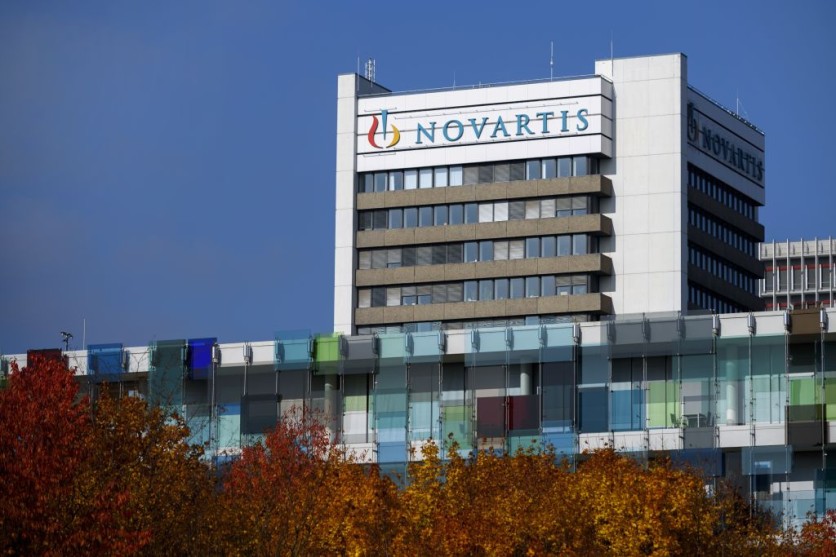
Some patients with advanced prostate cancer may have to wait months for medication as the manufacturer tries to increase the supply of a medicine intended to prolong life expectancy.
Pluvicto Shortage
Manufacturer Novartis AG is having trouble keeping up with demand, as reported by The Wall Street Journal (WSJ). The Food and Drug Administration (FDA) warned last week that supplies of Pluvicto might be low for some time. The manufacturer has blamed production and distribution problems for the scarcity.
While Novartis handles the shortfall, the company says it is giving priority to patients who have already begun the six-course program.
Novartis, according to spokesperson Julie Masow, is taking the painful but necessary action of temporarily suspending the registration of new patients for the therapy in an effort to boost supplies.
She said the firm is working diligently to expand supplies in response to patient distress.
"Our ability to supply Pluvicto with only one approved site is presenting significant challenges, and we are working around the clock to generate as much supply as possible.
Prolonging Life Expectancy
For individuals with a certain kind of metastatic prostate cancer (cancer that has spread to other regions of the body despite previous treatment), the FDA authorized Pluvicto last year. This therapy is unique that it is the sole option for its condition.
According to Novartis, the medicine significantly increased the median survival time of trial participants by four months compared to those who did not get the treatment.
Individuals who qualify for Pluvicto have already tried traditional medicines, but their cancer has progressed despite treatment. If Pluvicto is not available, some patients may return to attempting the old treatment. They suggested that this may include various formulations of the same drug, such as different chemotherapy. Treatment options exist for people whose cancer has spread to their bones.
Fears of Doctors
While waiting for Novartis to increase manufacturing, doctors are reportedly actively recruiting patients for research projects to identify alternative therapies.
WSJ said specialists have expressed concern that some patients may lose their lives before Novartis alleviates the scarcity.
Tanya Dorff, an associate professor at the City of Hope Comprehensive Cancer Center's medical oncology and therapeutics research department in Duarte, California, sadly believes that some people will not live long enough due to the shortage.
"People will die from this shortage, for sure," said Jonathan McConathy, head of the University of Alabama in Birmingham's division of molecular imaging and therapeutics.
"People will die from this scarcity, for sure," said John McConathy, head of the University of Alabama in Birmingham's division of molecular imaging and therapeutics. While the therapy is not a cure, he noted, it does help people live longer. He warned that some patients who may have benefitted from the medicine would not get it in time.
Novartis has relied on Dr. McConathy's expertise for the medicine he has helped advise on.
See Also : International Researchers Pushes US Government to Ban TCE Chemical that Causes Parkinson's Disease





